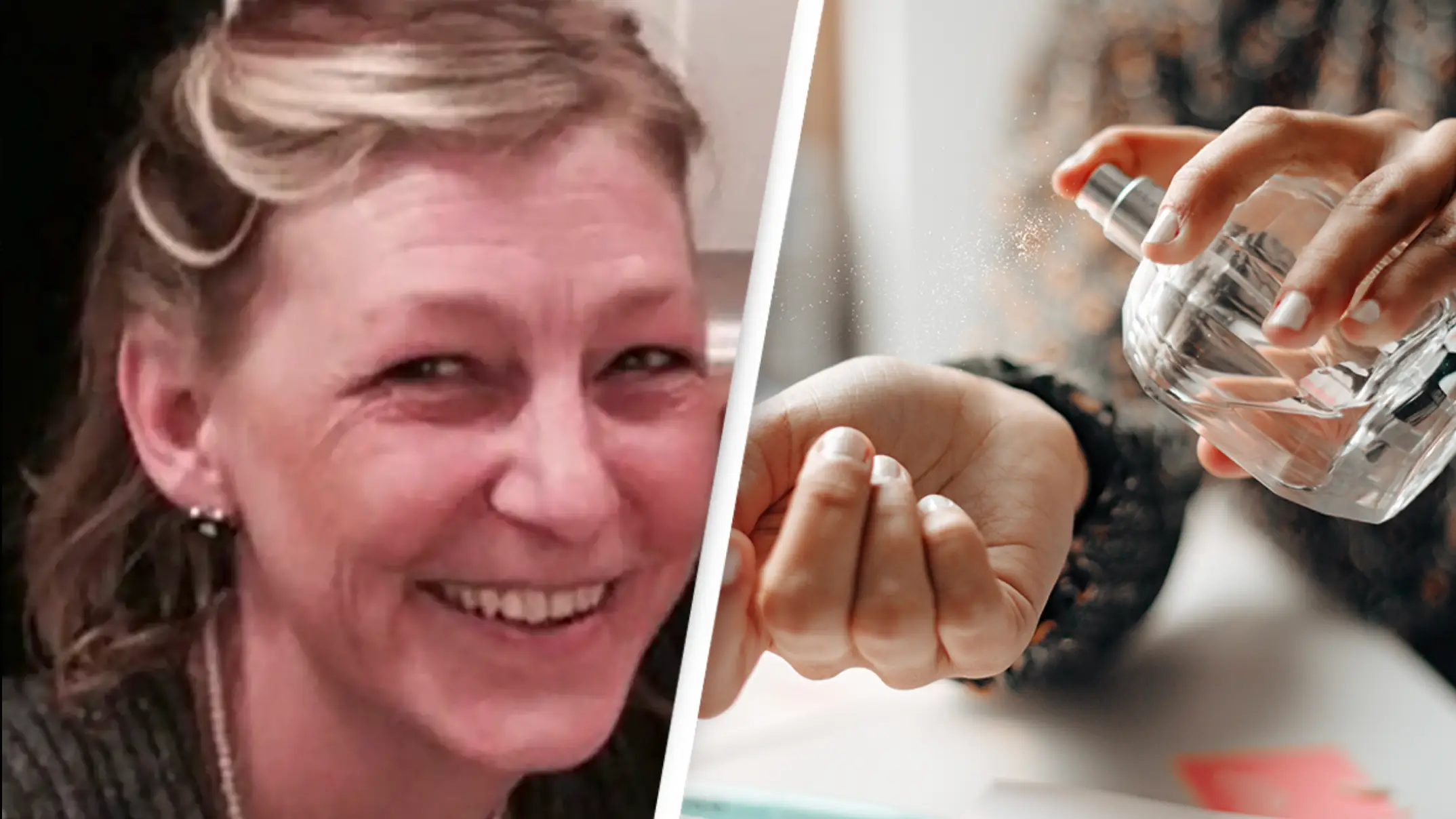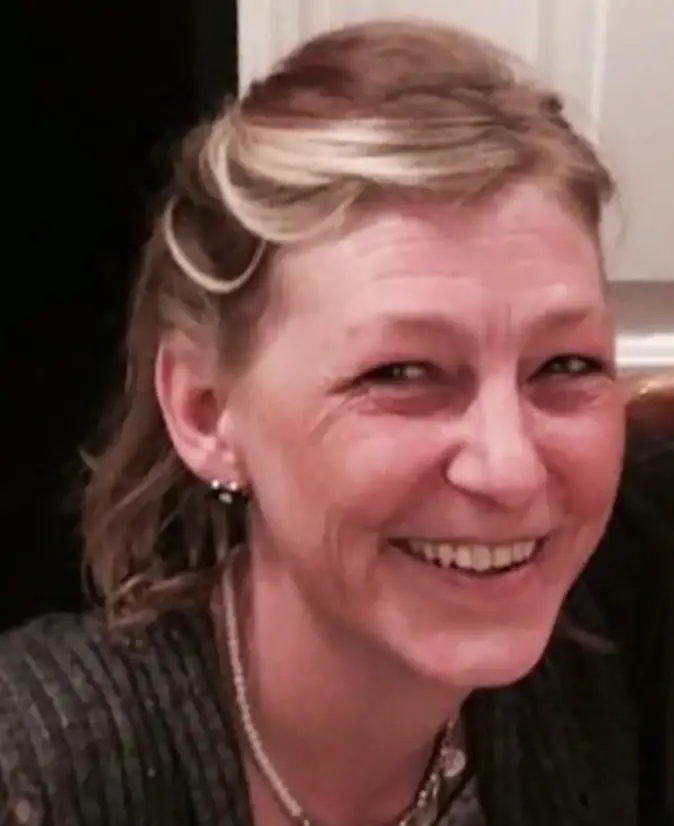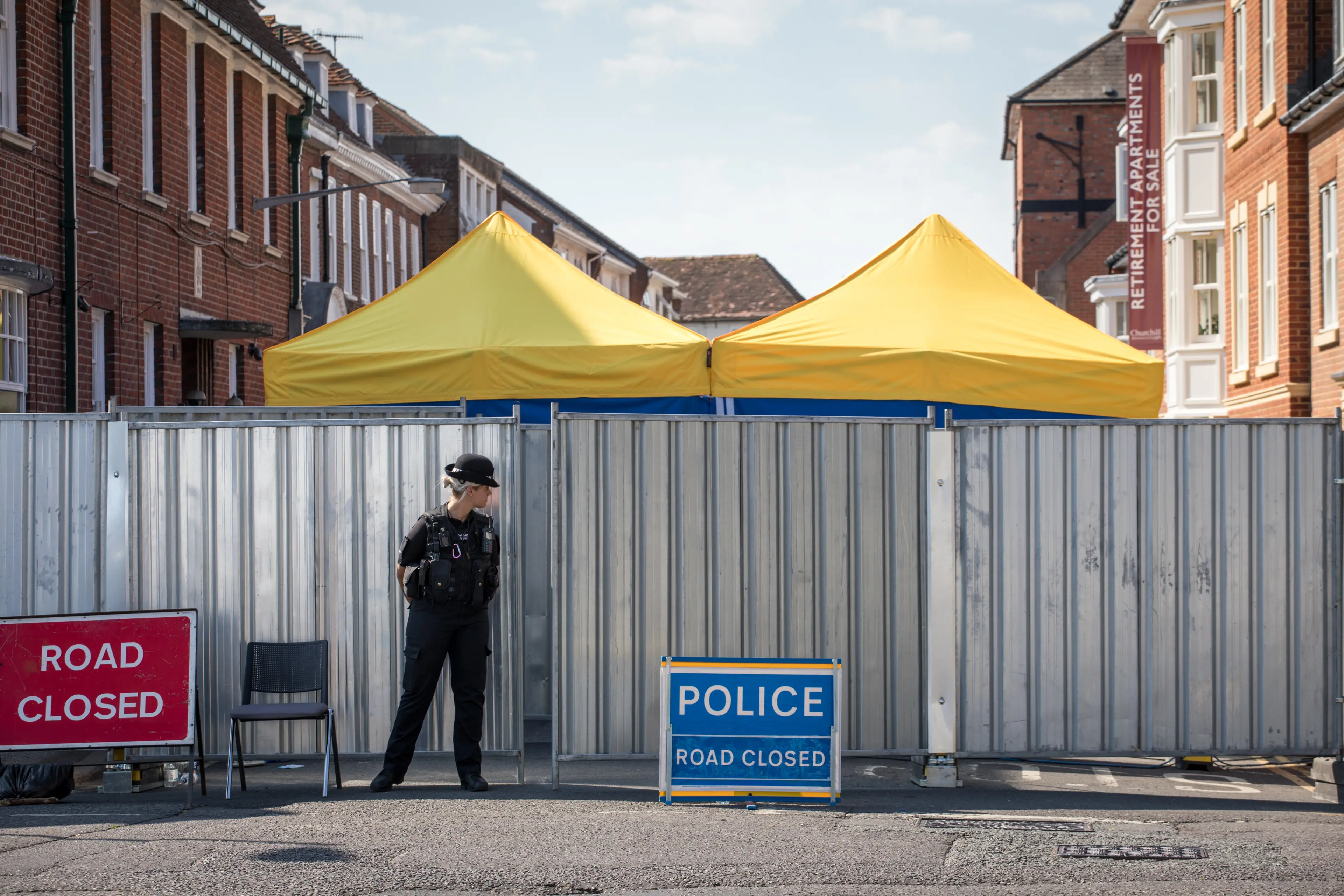
A perfume bottle that killed a woman had enough toxic chemicals that it could have killed thousands.
Dawn Sturgess came into contact with a discarded perfume bottle containing the nerve agent Novichok in the southwest England town of Amesbury.
The toxic chemical was in a vial of Nina Ricci 'Premier Jour' perfume bottle which Sturgess is believed to have sprayed on her wrists.
Sturgess and her partner were later both taken ill, with Sturgess later dying from the effects of the poison. Her partner survived.
Advert

As part of the inquiry into the 2018 event, it's believed the poison-filled perfume is linked to the Salisbury Poisonings which poisoned former Russian agent Sergei and his daughter Yulia Skripal which happened four months earlier.
Lead counsel Andrew O’Connor explained: "The evidence will suggest that this bottle — which we shall hear contained enough poison to kill thousands of people — must earlier have been left somewhere in a public place creating the obvious risk that someone would find it and take it home."
The Salisbury poisonings are believed to be the work of Russian intelligence, but Russia has denied any involvement. It has previously claimed that they would never have targeted double agent Skripal, who was part of a spy swap in 2010.
Speaking in a witness statement for the inquiry, Skripal has claimed Russian President Vladimir Putin must have signed off on the attack.
In a new statement provided to the inquiry, he said: "I believe Putin makes all important decisions himself. I therefore think he must have at least given permission for the attack."
Skripal also added that the attack was a shock because it was 'not honourable' to kill people who had been exchanged. He added: "I had received a presidential pardon and was a free man with no convictions under Russian law. I never thought the Russian regime would try to murder me in Great Britain."
Despite the Novichok attacks being targeted at Skripal, others were affected but only Sturgess died from the poisonings.

Attorney Michael Mansfield, who is speaking for Sturgess’ family and partner, has asked the inquiry: "If the attack could and should have been prevented by the UK authorities, Dawn’s family and partner are entitled to know – so are the wider public; was there a failure to prevent a chemical weapons attack on UK soil?
"Were countless members of the public put at risk, with the potential for hundreds or even thousands of deaths?"
Also commenting was Heather Hallett, the coroner who held the 2018 inquest into Sturgess’ death, who has called for a public inquiry to look in depth at how Sturgess died and release sensitive material to be considered.
